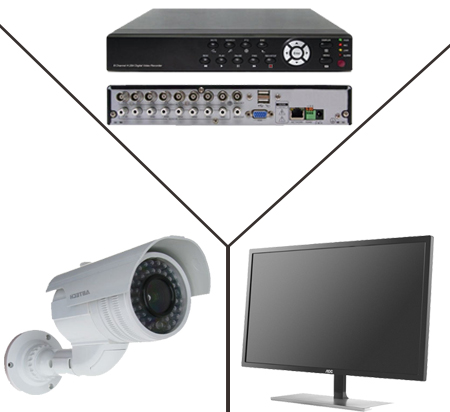
كاميرا مراقبة خارجية 4 ميجابكسل من ايمو بدرجة حماية اي بي 67، رؤية ليلية بالالوان، بطاقة اس دي 256 جيجا، اتصال واي فاي وايثرنت، اكتشاف الاشخاص، ضوء كشاف، تسجيل الصوت، مساعد جوجل،

ما حكم وضع كاميرات المراقبة في الأماكن الخاصة والعامة؟.. المفتي يُجيب | بوابة أخبار اليوم الإلكترونية




















